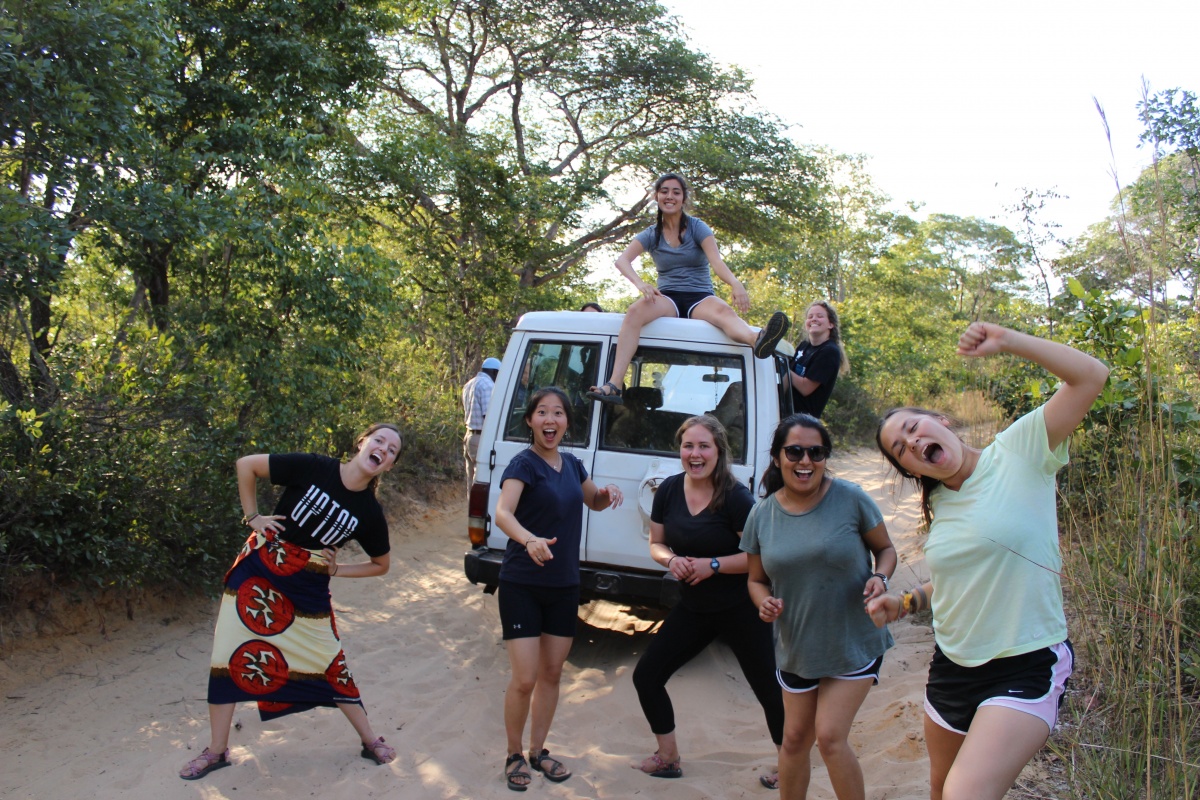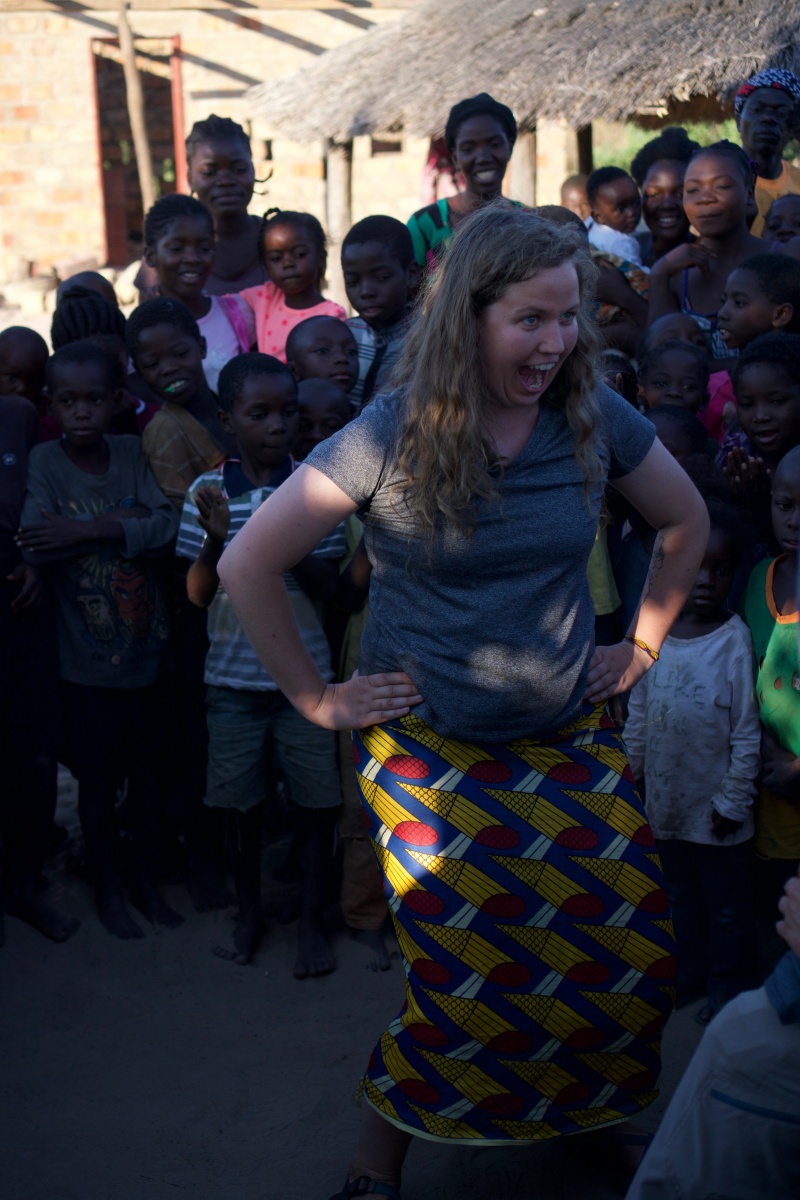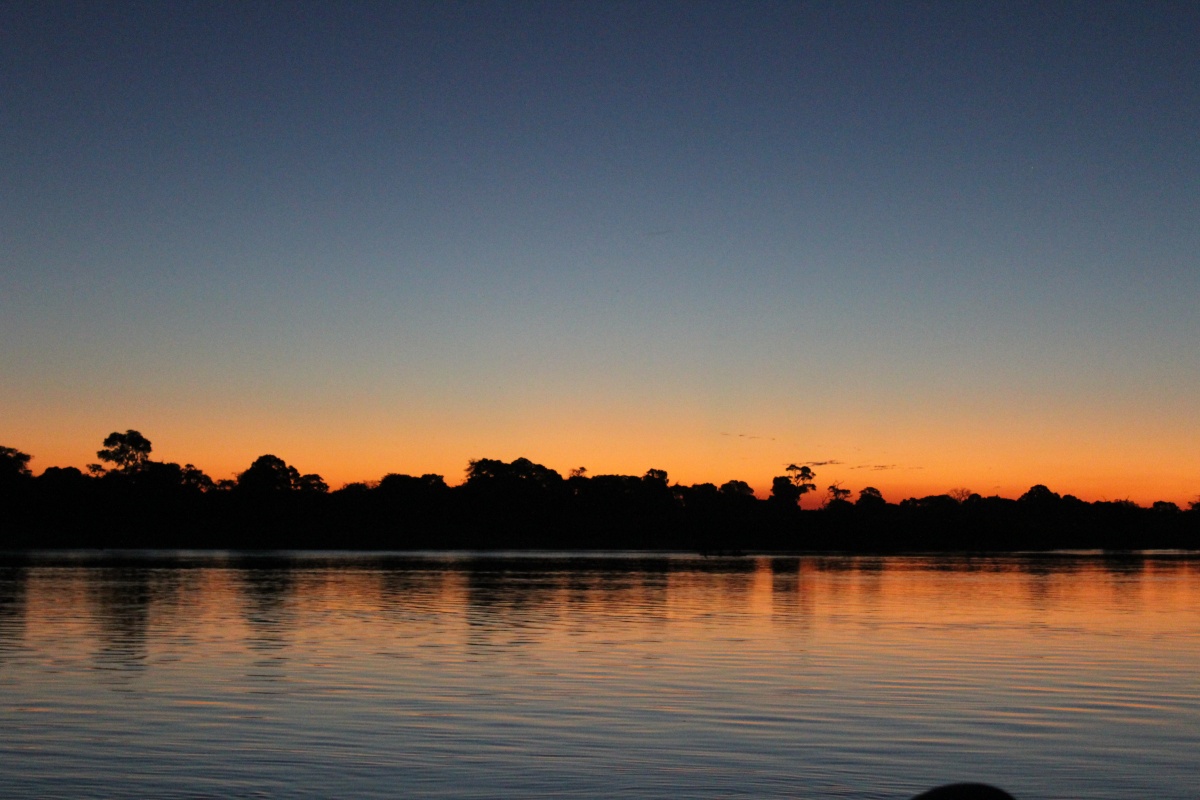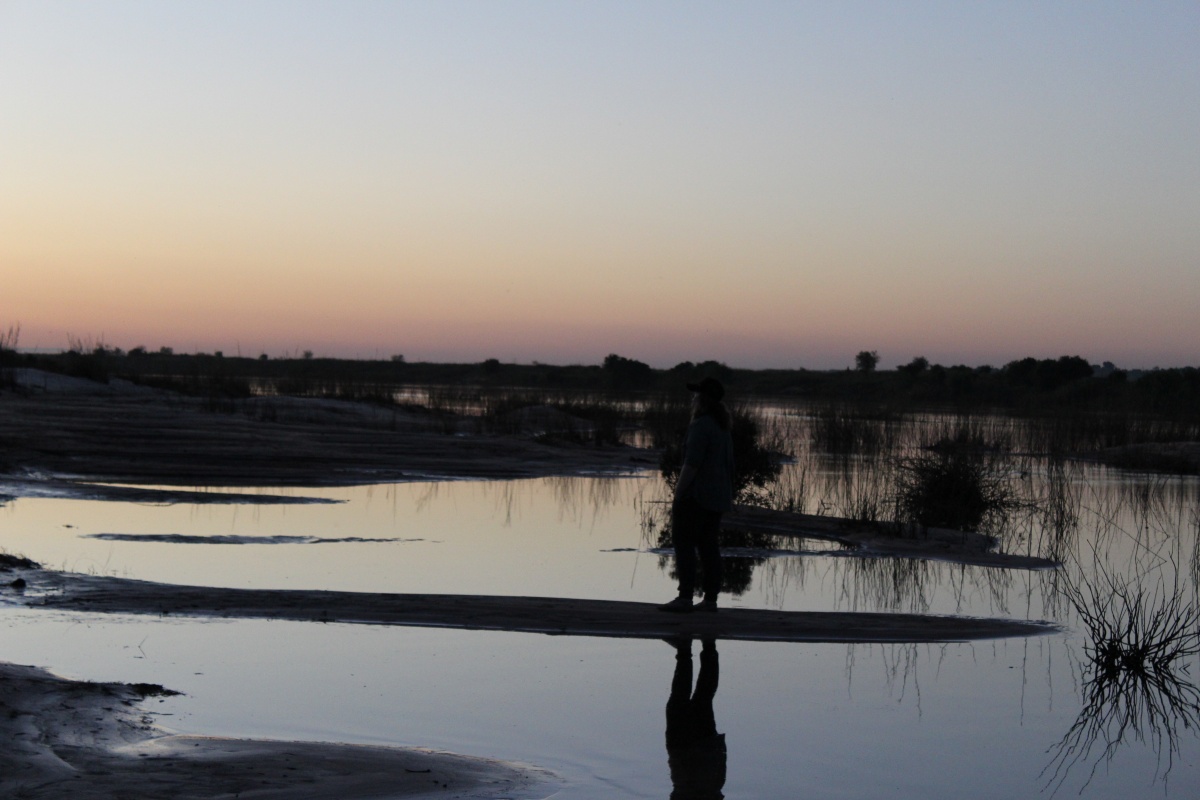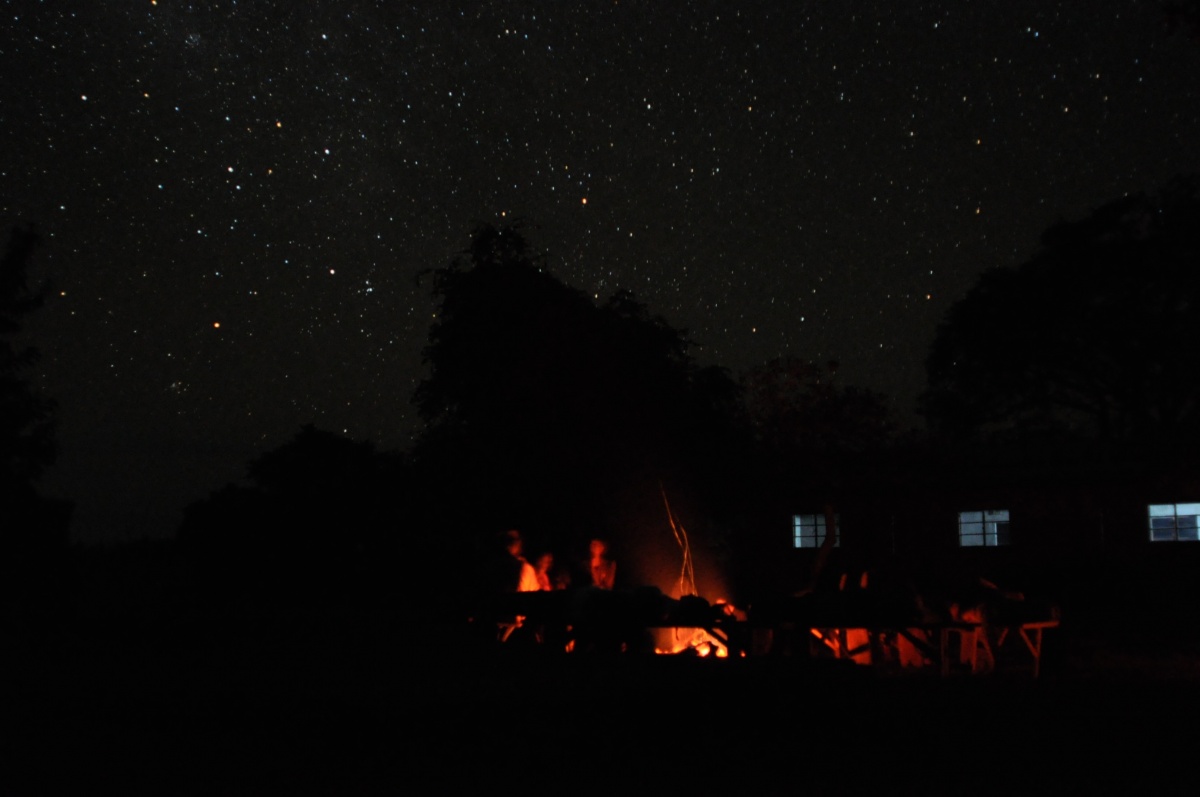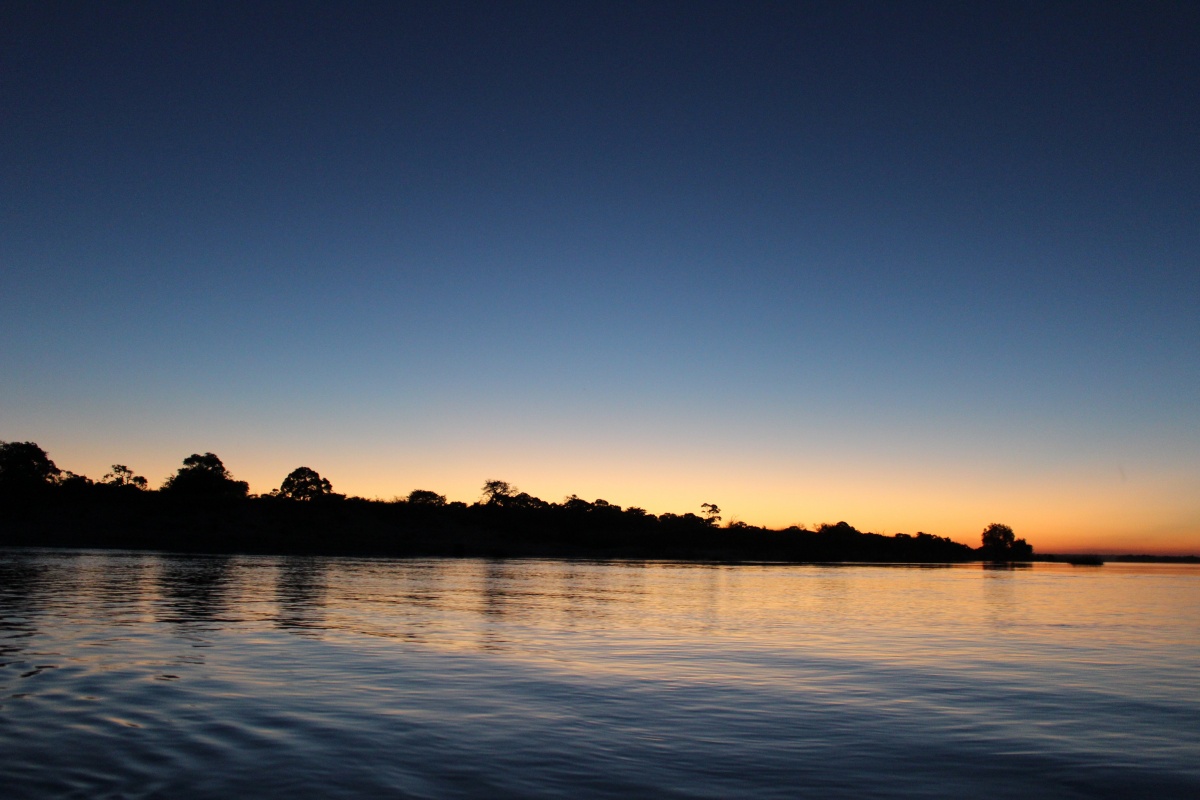An open letter to the future Maddie LeBrun:
It all started in a bookstore. Do you remember? You were with that beautiful creature you get to call a sister and she was dragging you through the Elliot Bay Book Company to the Christianity section. Confused at first, she threw a book in your hands and told you to open to the page of her favorite story. You held in your hands “The Thorny Grace of It” and you couldn’t help but smirk. Such a Cate-esque book. You opened the book and saw two pages of words and didn’t know what to expect. Do you remember as she watched you read it? Watched as slowly but surely your eyes read the simple yet relatable words that good ol’ B. Doyle uses to depict the thorny grace of life.
The thorny grace of it. These words hit you pretty hard back then, but you didn’t really understand them yet, did you? The poetry of the words was beautiful, of course, but what did you know? You were just starting college on your own. You were feigning control and adulthood and pretending you had it all figured out. Would that girl in the bookstore have guessed that she, some 4 odd years later would be in the same place?
You’ve always been the type of person to keep busy, haven’t you? Business yields productivity and ultimately that was the best avoidance of failure. You spent 4 years of college as if you were running to some finish line. Your strides getting bigger with each passing semester, you’d run through weeks and months as if life were a deadline and you were running late. People would ask “LeBrun, where the hell have you been?” and you’d laugh and come up with some excuse and lace back up those racing shoes.
All of a sudden you found yourself in your first semester of senior year, shaking your head as if you’d been dropped there, huffing and puffing but knowing to survive you had to keep chugging. Just a few more months and life could start, right? Hunker down, get your work done and you’d be free to be who you wanted.
Then, one day, you tripped.
Do you remember that day? It was your first day in the hospital wasn’t it, your first day of clinicals of second semester nursing school. Your scrubs were starched and you’d met your nurse. It was your first ten minutes. You remember thinking how you could’ve gotten so unlucky. Remember the yelling. The Code Blue. The silence that followed. You were a brand new student nurse and you’d lost your first patient. You’d found your first thorn.
Remember how you found out about Grandpa the next week? It was so sudden. One week here, one week gone. It was as though the weight of all the elements of your life were crashing into each other with everything they had. Think of that weight. The weight that told you you never wanted to step foot in a hospital again but knew you had no choice. The thorns kept coming.
Suddenly things felt pretty numb, didn’t they? You had your reasons for keeping busy, sure. But were they real? You became someone you’d never seen before. You had bouts of irritation where you didn’t even know the person acting in your place. You filled every second of your day and couldn’t stand when people questioned you. You were doing what you had to do, how could they not understand?
But did you even understand? Heck no you didn’t. You had the thorns but where was the grace? Suddenly Brian Doyle’s story felt even more unfamiliar. You’d kept his words in your mind ever since that day in the bookstore, but the simple truth that the mundanity of our lives is just a culmination of activities, all contributing to this inclusive, “thorny grace” seemed so foreign, so out of reach. You told yourself to keep looking for that grace as if it were the next item you had to scratch off your To-Do list. It’s funny how I think even then we knew it didn’t work like that.
And then you were approached with an idea. It came upon you without warning and you took it in stride to see where it would take you. You wanted to go to Zambia. Remember how you asked Roses and Greggy in that Cantina on Cap Hill? Remember how strangely excited you became so many months in advance? Your acceptance letter came soon after your application, and the waiting game began.
Just as it always does, mundanity took over once again. Your life was in hyperdrive, hell, you didn’t even have time to participate in any pre-Zambia activities, yet the prospect of it gave you an unfamiliar sense of… something. Something you just couldn’t put your finger on.
Time flew as always until the month of May practically smacked you in the face. Amidst the packing, the moving, the graduating, you knew this trip to Zambia was right around the corner. You were nervous and excited and hardly ready to go, but as life would have it, May 15th crept upon you without warning.
Remember how strange it was that that book, that Thorny Grace of It reappeared? You were packing up your mountains of books and its red cover slipped to the floor by your bed. Not having seen in for a couple years, the title struck you as it always had, but you had a 25 pound weight limit to work with, so to a box it went and to a plane you went.
You arrived in Zambezi four days after you left the comfort of 324 E. Nora in Spokane, Washington. You remember descending from the bush plane and hundreds of tiny hands took hold of you. They sang to you and they smiled at you and that sense, that one you had before, it was in full force.
You were here. You’d made it and you had no idea what that meant. All you knew was that time seemed to move slower here. Remember the morning you sat at this computer writing this letter? Remember how you couldn’t believe how only three weeks had passed? You felt like you’d been here for years, didn’t you? How strange it seemed that even for the girl that couldn’t slow down to save her life, it was as though those racing shoes had been put on a shelf, completely disregarded.
But then, just as it always does, life hits you. And it hit you pretty hard. You had questions. You were confused and frustrated and wanted to kick yourself. Who were you to step into these lives and act as though you knew something? You thought to Dipalata and your stomach turned. You thought of the beautiful welcoming children watching you as you went to eat. You saw their swollen bellies. You knew what that meant. Suddenly you were confronted with the reality that the thorns lived here too. You reclused as you always do. Ready to accept the timewarp the next few weeks could hold, it was like you grabbed those old racing shoes and were going to get going.
Or at least that’s what you thought.
Remember that day? That second to last Monday with Mama Nancy and the women? You spent your morning washing the clothes and your afternoon sewing the menstruation kits. You heard Mama speak of strength and you watched 6 beautiful women weave compassion into the material they sewed with. You learned that it wasn’t up to you. There was no question of “what is Maddie LeBrun doing to make a difference?”, there was only this sense that just presence was enough. Washing with Nancy and sitting with the women was enough. We were teaching and learning and they were doing the same. Suddenly, you sat by candlelight at that reflection and you took a breath and you smiled because time was slow and you felt it. You felt grace.
This feeling was familiar, yet you could never quite put your finger on it before. This feeling, this grace, even amongst the craziness of hyperspeed you’d been living in for the past four years, was familiar.
This was the feeling you’d felt it back at the start of third semester, the day you held in your hands your patient’s new baby and you handed her to her mother for the first time.
You’d felt it those days in February as the snow fell and you sat on the porch and you’d smile and knew there was nowhere you’d rather be.
You’d even felt it at Grandpa’s funeral, as you looked at your siblings and your parents and your family, singing “When Irish Eyes are Smiling” and knowing he was home.
You’d felt it. And you realized it. Life wasn’t a race, hiding from the thorns that met you along the way. Life wasn’t about seeking only beautiful moments and feeling the grace and pretending like those thorns didn’t exist. Life WAS the thorns, the grace we feel through the pain and the questions. And once we realize this, we find we can finally catch up to life, and leave us wondering why were we ever running from it in the first place.
Now you’re not naïve. You know that questions are universal and that you’ll be faced with life’s pricks until the day you die, but I’m writing you now for a different objective. To remember. Remember these words and these realizations and this life, because they aren’t meant to be forgotten.
Remember that day in the hospital with Robert who wouldn’t wake up. Remember this thorn because it brought you reality.
Remember the phone call about Grandpa. Remember the tears and the pain and the sorrow. Remember this thorn because it gave you family.
Remember the children’s hands that grab you every day in Zambezi, the reality of their situations and their hungry stomachs. Remember this thorn because it drives your passion.
But also take time to remember the grace.
Remember the look in Megan’s eyes as she saw her baby for the first time. Remember as she squeezed your hand and gave you that pack of M&M’s you still keep in your desk. Remember this grace because it promised the hope of a future.
Remember the moments in which we hold grace and we don’t even realize it. The moments where the snow falls or music plays or beautiful voices sing “Welcome Gonzaga” at full volume. Remember this grace because it keeps you present.
Our days in Zambia are few. We come and we get to experience and it’s beautiful and heartbreaking and moving. We get to see a beautiful couple who has dedicated their lives to the service of this community and have found normalcy in the foreign; a dream you too hold. We get to teach lessons and get to know our pupils and see as they learn and grow with us. We get to sit among 22 other Zags (and two Mamas) and eat together every meal, every day.
You know better than anyone that it is nearly impossible to sum up three weeks in a simple letter, but these feelings, these reflections and realizations, these are what’s important and what will stick with you. Soon you will forget the taste of the Mama’s rice or how many bananas you can buy for 10 kwacha. The route to George’s will become foggy and the lessons you taught in class will be fading memories rather than yesterday’s achievements. You won’t have your slumber interrupted by the 5am bus or the friendly backyard rooster. But it’s the feelings, the relationships, the grace and the thorns of every interaction you’ve had for the past 20 days that will live on.
At the risk of sounding corny or dramatic, remember to take the time to thank this life for the ups and downs. Thank it for death and for laughs and for hundreds of sticky hands all reaching for yours. We’re not meant to shy away from pain or act as though it doesn’t exist. We’re meant to embrace it. Because at the end of the day it’s this thorny grace of it that makes life worth living after all.
Much love and kisu mwane,
A younger and pretending-to-be-wiser Maddie LeBrun



